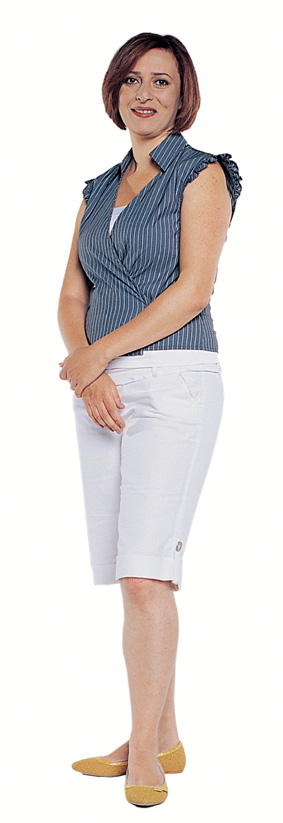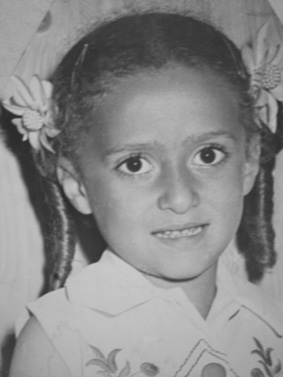Are you a journalist? Please sign up here for our press releases
Subscribe to our monthly newsletter:

Cancer fatalities don't usually occur as the result of the original growth. It is metastasis – the stage in which all of the body's defense mechanisms have failed and cancer cells split off from the main tumor, traveling around the body and invading healthy tissue – that is most often the cause of death from cancer. Suha Naffar-Abu Amara, a research student in the lab group of Prof. Benjamin Geiger of the Weizmann Institute's Molecular Cell Biology Department, researches how these cells gain the ability to uproot themselves and move off to colonize distant organs.
"I have always been interested in how cancer develops, and I chose a scientific field that would allow me to take part in humanity's effort to understand the progression of cancer and find ways to treat it."

What is the connection between the ability to move and the launching of new cancer growth? Naffar-Abu Amara searched through the genes of highly mobile cancer cells by inserting them individually into a set of normally sluggish breast cancer cells in tissue culture. Using a unique tracking method she developed, she was able to follow the migration of each cell and note its behavior down to the smallest detail: How much did the cell move – a lot or a little? Did it move persistently or randomly? Exactly how tightly did it stick to the surface of the growth medium? Naffar-Abu Amara cloned and identified 11 genes that are involved in endowing highly migratory cells with enhanced motility, and she is now observing how these affect the cell's ability to metastasize.
The findings from this research may aid in the development of new methods for halting or preventing metastasis, blunting cancer's crushing blow and making it much less likely to kill.
"I chose to study at the Weizmann Graduate School because, as a leading institution, it opened a wide window of opportunity for collaborative work within the Institute and internationally – increasing the chances of success."
Suha Naffar-Abu Amara’s research in the lab of Prof. Benjamin Geiger is supported by the Clore Center for Biological Physics; the Leo and Julia Forchheimer Center for Molecular Genetics; the Mario Negri Institute for Pharmacological Research -Weizmann Institute of Science Exchange Program; the Edith C. Blum Foundation Inc.; and the Wolfson Family Charitable Trust. Prof. Geiger is the incumbent of the Professor Erwin Neter Professorial Chair of Cell and Tumor Biology.